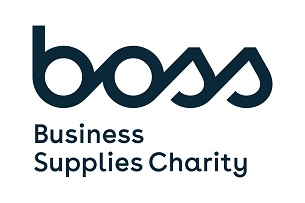Since our quarterly newsletter was launched in 2023, we have looked at a range of money-saving tips, from being thrifty and growing your own food to planning free activities for your children during school holidays.
At last, spring is on its way and, with longer and warmer days, we’ll be able to save money on electricity as lighting and heating costs will come down. So, now it’s time to think about redirecting the cash you save on these bills, because building financial resilience helps towards providing peace of mind and allows us to feel in control of our money.
Here are some ideas to help you take control of your finances:
Manage Your Debt
Debt can be a taboo subject, but the cost-of-living crisis has made debt a reality for many. Sadly, burying our heads in the sand can often make the situation worse. Being brave and writing everything down can give a good starting point to be able to work out how to move forward. Contacting the companies you owe money to and agreeing payment plans, freezing interest and researching alternative lower rate or interest free options to pay down those debts can all help you to bring back control.
The CAP Money Management Scheme can help you structure this with their self help guide.
Save For A Rainy Day
No matter how small the amount, putting savings aside each month will help to build a buffer should you ever have an unexpected bill. Have money put aside for those times when you might receive a higher than expected energy bill, or for a car repair that you hadn’t planned for. You could set a goal for this, and divert the savings elsewhere once you have reached it.
Find some more guidance and information about savings accounts here.
Plan For Later Life
Investing in a pension or other forms of longer-term savings, such as ISAs, can help you to plan for your future financial security. Retirement can seem a long way off, but the sooner you are able to save for it, the longer it has to grow in value. Following the Spring Budget announcement of a 2% reduction in National Insurance contributions, you may consider using this to top up your workplace pension contributions. If your employer matches your contributions, you could be even better off.
ISAs offer tax free income from savings, and even if you aren’t able to put in the full annual allowance, setting up a monthly amount to go into an ISA pot could be a good way for you to benefit from the tax-free interest it brings.
The CAP Money Course is designed to help those in debt, or even those who just want to learn how to budget and make the best of their savings and investments, so use it to take a look at your finances and start planning for a brighter financial future.
